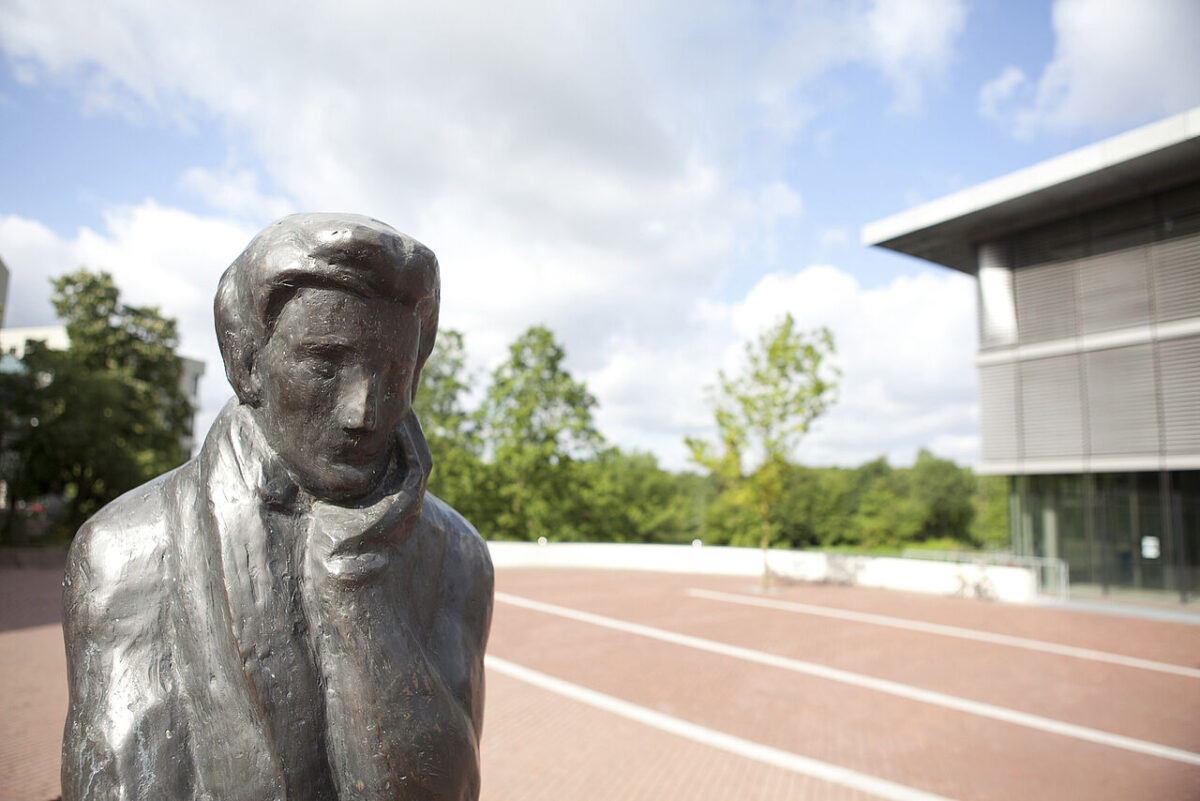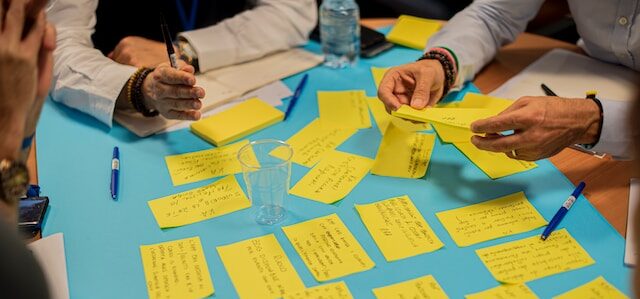In this article in the journal Internationales Verkehrswesen, Laura Mark, Julia Romberg and Tobias Escher present a language model that can be used to reliably recognise modes of transport in participation contributions. They show that supervised machine learning can usefully support the evaluation of participation contributions in mobility-related online participation processes.
Summary
Consultations are an important part of transport planning and can help to integrate knowledge from the public into the planning process. However, online formats in particular often result in large volumes of contributions, the thorough evaluation of which is resource-intensive. It is hoped that the use of AI will support this.
The language model presented in this article is based on the concept of supervised machine learning for text classification. Pre-trained models are re-fined using smaller data sets. In this way, a model can be adapted to a specific area of application, such as mobility-related consultation processes.
A pre-trained German-language version of the high-performance RoBERTa language model was used as a starting point. Using a categorisation scheme that mainly distinguishes between the modes of transport mentioned, 1,700 contributions from seven transport planning consultation processes were manually coded. The resulting data was used partly as training data for fine-tuning the language model and partly for evaluation.
Results
- Overall, it was shown that language models already available today are suitable for supporting the evaluation of consultation processes in practice. The language model developed here for recognising the modes of transport can serve as the basis for a specific application in municipal planning practice.
- The post-trained RoBERTa language model is very effective at assigning the appropriate modes of transport. The model presented by us can always reliably assign well over 90% of the entries correctly to the modes of transport they contain.
- For the processes on whose contributions the model had been trained, an average of 97% of the categories could be correctly assigned (on a separate test set). For contributions from other transport-related participation procedures, the appropriate modes of transport could still be assigned very reliably with an accuracy of 91 to 94%.
- The performance of the model therefore hardly deteriorates when it is applied to previously unknown data from mobility-related participation procedures. This means that manual coding in advance can be omitted, at least for similarly structured participation procedures, which significantly reduces the effort involved.
Publication
Mark, Laura; Romberg, Julia; Escher, Tobias (2024): KI zur Auswertung von Beteiligung. In: Internationales Verkehrswesen 76 (1), S. 12–16. DOI: 10.24053/iv-2024-0003





